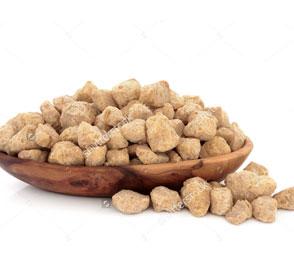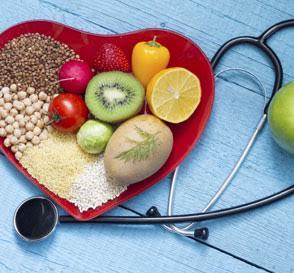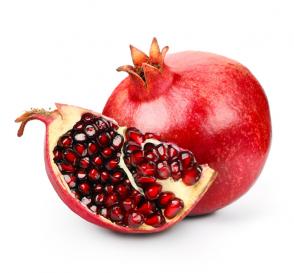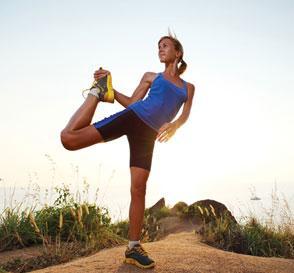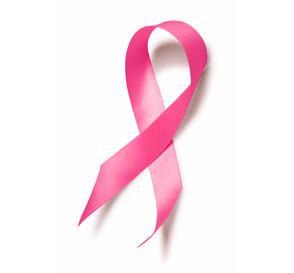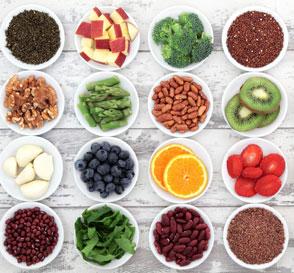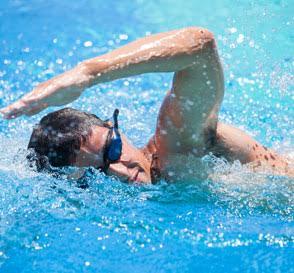

Leave your details below and we'll get back to you!
*All fields are mandatory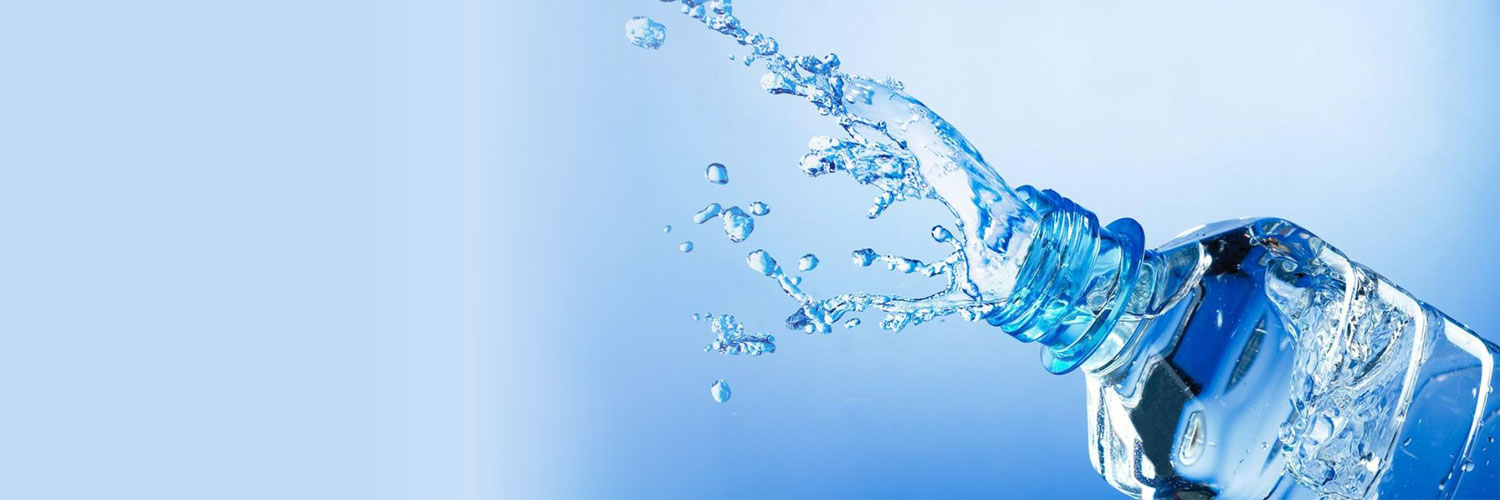
Importance of Hydration

By Prof. Jagadish Pai, Executive Director, PFNDAI
Dietician / Nutritionist, Mahalakshmi, Bhulabhai Desai Road
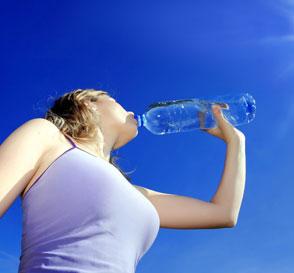
Water has many functions in our body. It is more than a nutrient for us. Water is the single largest component of our body. In fact at birth about 75 to 85% of weight is water and it slowly decreases and as adults about 60% in male and 50-55% in female body weight is composed of water. Many parts of our body have large proportion of water. Our organs have a very high proportion of water e.g. kidney has over 82%, brain 80%, heart almost 80% and liver over 68%. Blood is composed of 83% water.
Functions of Water
Water has many important functions in our body. Of course it prevents dehydration which can have a lot physiological problems as most tissues and cells operate optimally when hydrated fully. Most components of the tissues, especially protein have a particular shape, size and orientation so they have certain properties when hydrated. The amino acids in the chain have both positive and negative charges and some of the groups have affinity or repulsion for certain groups. This makes them extremely useful in many functions. If they do not have adequate moisture then they will not be able to perform these functions adequately.
One important example is enzymes, the bio-catalysts, which can catalyse many different biochemical reactions so essential for the living beings to survive. They are able to catalyse these reactions even at ambient conditions at quite rapid rates so we are able to function efficiently. If these enzymes are not hydrated adequately then they would lose their efficiency in catalysing these reactions.
An important function of water in body is that it regulates temperature. When body heats up, we perspire so moisture accumulates on skin in the form of sweat which evaporates. When water evaporates from body, the heat of vaporisation is taken from body so it cools in the process. This loss of water depends on several factors such as how intense is physical activity, whether temperature outside is warm or cool and whether humidity is high or low. Even when a person is resting, there is loss of water from body through skin and through breathing. Cooling of body also depends on environmental conditions as well as clothing. In very humid weather cooling or also if heavy, impermeable clothing is worn the sweat formed does not evaporate easily so cooling is not very effective.
Water also gives the feeling of fullness when consumed with meal as the solid food is hydrated and fills the stomach.
Water also functions as carrier of nutrients and oxygen to different tissues within body. Food that is eaten is carried from stomach through GI tract by water as it is digested. After digestion water carries the nutrients to blood during absorption and then carries to different organs and tissues for further metabolic processes. Blood is about 83% water. It also helps transport oxygen from lungs to different cells as part of blood.
Besides carrying nutrients through body, it also helps disposal of waste as urine and faecal matter and through sweat. Inadequate consumption of water increases the possibility of kidney stones as waste does not get removed quickly. As skin constantly is losing moisture, if not kept hydrated it becomes dry and scaly. Inadequate fluid consumption also raises the possibility of constipation as water helps bowel movement. Among other functions, it helps cushion the joints and helps strengthen the muscles.
Loss of Water from Body and Gain
As was mentioned above water is lost from the body performing several functions. Largest loss is through urine, about 1.5 to 2 litres. The next is through perspiration and respiration loss of about 0.75 litres. The perspiration takes place not for keeping the body cool but as a normal loss through skin to atmosphere. In dry and hot weather the loss if more. Next is loss due to sweating to keep body cool. This may be any amount from negligible to several litres depending on the extent and intensity of activity as well as environmental conditions. There is also small faecal loss of about 200 ml. Thus the total loss per day may be about 2 to 3 litres or more. This much amount needs to be replenished through drinking water and food and beverages.
Hydration can be done by drinking water but a fairly large portion also occurs through consuming foods and beverages. Most fruits and vegetables are high in water from 70 to 85%, cooked cereals like rice and pasta like noodle more than 65 to 75%, bread over 30 to 45%, fish over 70%, meat over 45 to 55%. Beverages may contain over 80% water content.
Commonly about 20% hydration occurs from food intake whereas remaining 80% from fluids including beverages such as milk, juices, hot and cold beverages etc. This is highly variable dependent on the diet. There are people who consume good amounts of fruits and vegetables which contain large amounts of water. Children may drink a lot of milk and juices so much of their intake will be through fluids.
However, whichever way hydration occurs it must be constantly balanced so dehydration does not occur as it can lead to many problems and diseases. When water consumed is more than body’s needs, excess water is excreted through urine and faeces. However, as body has finite rate or ability to excrete water, excess water may cause undesirable effects swelling, headache, nausea, muscle twitching etc. Although extremely rare hyperhydration due to drinking too much water without electrolytes in a very short time may upset electrolyte balance in various organs.
Problems of Dehydration
As water is essential for body for many functions if the water balance is disturbed, consequences could be mild problems to drastic effects. Even a small loss of 1 to 2% body water can cause mild to strong thirst and discomfort. At 3% loss impairs physical performance while 4% loss makes physical work difficult and causes nausea. At 5% loss there is difficulty in concentration while 6% loss causes failure to regulate excess temperature. Higher losses cause dizziness, weakness, muscle spasms, delirium, inability for proper blood circulation and failing renal function etc. Thus for an individual of 70kg, even a loss of about 700 ml (1% bw) can show symptoms.
Kidneys have the ability to adapt to the quantity of excreted water while maintaining stable solute excretion. Thus depending on hydration state of body and fluid intake, metabolic waste is excreted in more or less concentrated urine. Excretion of water by kidney is regulated to maintain a constant composition of extracellular fluid and in particular a constant plasma osmolality. Thus in case of inadequate water intake, output of urine is less and its colour is darker. In fact dark urine is a sign of dehydration.
Water should be regularly consumed separately or through foods and beverages. The thirst is felt only after 1 or 2% loss of water so one is already dehydrated showing adverse effects when one feels thirsty.
Keeping Hydrated
As water comes from a variety of sources, plain water, foods, beverages of different types and at different times, total amount should be enough to replenish whatever is lost by way of urine, perspiration and sweat, fecesfaeces etc. For a sedentary person as the total loss per day is about 2 to 3 litres, that much should be recovered. In simple terms it works out to be about 8 to 12 glasses. However, you do not need all this water to be consumed separately as each food and beverage you consume has water. So if there is not much of physical activity i.e. sedentary one can drink say about 4 glasses of water assuming that rest comes through foods and beverages. However, if one consumes very little fluids, fruits and vegetables then more is needed.
In hot weather one perspires more so there is a greater need. In case of person having to work physically this also increases needs. Sports or activities like walk, gardening, and working out also needs more water. Dry climate causes loss of water through perspiration much more without person realising so this also will add to the requirement. Higher altitudes make people breathe faster so water lost in breathing is more.
Certain medical conditions or treatments also cause increase in water requirements. Certain medications are diuretic so they increase urination so more water should be consumed as compensation. Fever, illness, diarrhea and vomiting increases water losses so more water is needed.
It must be remembered that for small amounts of water replenishment plain water could be consumed. However, when needs are greater for example in an intense or endurance sports one must consume with electrolytes besides some carbs needed for energy. Plain water consumed quickly in large amounts can cause imbalance in electrolytes in plasma causing adverse problems. In hot weather in a dry place, one must keep hydrating even when not thirsty because dehydration occurs more rapidly than one feels thirsty.

Related Articles











